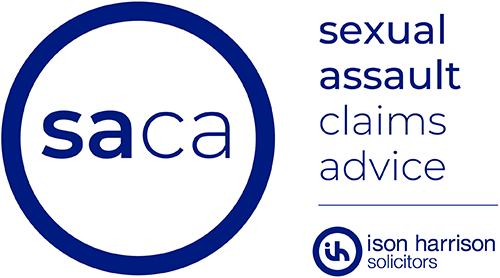Work events are often designed to foster team cohesion, celebrate achievements or build client relationships. However, when such events become the setting for inappropriate or criminal behaviour, including sexual assault, the impact on victims can be devastating.
If you have been sexually assaulted at a work event, you may be entitled to bring a civil claim against your employer. This blog explains how such claims work, what needs to be proved, and what compensation may be available.
Vicarious Liability: When Employers Are Legally Responsible
Under English law, an employer may be held vicariously liable for wrongful acts committed by an employee if those acts are “closely connected” with the employee’s duties. This principle was confirmed in Mohamud v WM Morrison Supermarkets plc [2016] UKSC 11 and extended in WM Morrison Supermarkets plc v Various Claimants [2020] UKSC 12. For sexual assault cases, the key issue is whether the assault was sufficiently connected to the employment and the context in which it occurred.
Courts have held that employers may be liable for sexual assaults by employees at work-related social events, especially where attendance is expected or the employer organises or endorses the event. For example, in Bellman v Northampton Recruitment Ltd [2018] EWCA Civ 2214, an employer was found liable after a managing director assaulted an employee at an after-party. The assault was deemed to arise from an abuse of authority linked to the employment relationship.
What Needs to Be Proved?
To bring a successful civil claim for compensation for an assault at a work event, a claimant must establish:
- That the assault occurred: This is typically supported by witness accounts, messages, CCTV footage or police reports.
- That the perpetrator of the assault was an employee (or in some cases a contractor or agency worker under the control of the employer).
- That the assault was committed in the course of employment or at a work-related event where the employer exercised control or encouraged attendance.
- That the employer was negligent or vicariously liable: This may involve demonstrating that the employer failed to safeguard employees, e.g. by allowing excessive alcohol consumption, failing to supervise senior staff, or inadequately responding to prior complaints or risks.
You do not need to prove a criminal offence. A civil claim is assessed on the balance of probabilities, not the criminal standard of “beyond reasonable doubt”.
What Can Be Claimed?
If successful, a civil claim may include compensation for:
- General damages: For pain, suffering, psychological injury, and loss of amenity. This may include PTSD, anxiety, or depression resulting from the assault.
- Special damages: These cover financial losses such as counselling or medical treatment costs, lost earnings, travel expenses, or any impact on career progression.
- Aggravated damages: In some cases, if the conduct was especially degrading or humiliating.
- Future losses: If the impact of the assault has long-term or permanent consequences on your ability to work or enjoy life.
Seeking Support and Taking Action
Sexual assault is a traumatic experience, and it is crucial to access the support you need. In addition to reporting the matter to the police, you may wish to seek legal advice as early as possible. Time limits apply generally; you have three years from the date of the incident to issue proceeding in support of your personal injury claim. The courts can extend this period but only in exceptional circumstances.
At Ison Harrison, our team provides confidential, compassionate legal advice tailored to your circumstances. If you have experienced sexual assault at a work event, contact us today to discuss your options in a safe and supportive environment.


